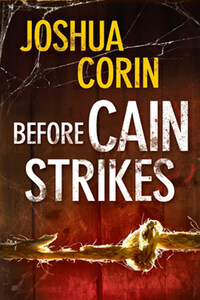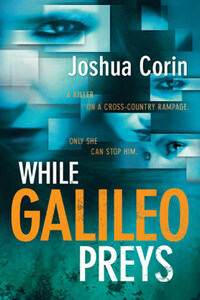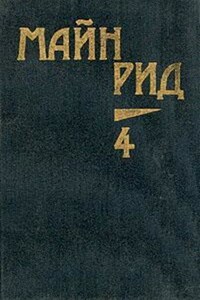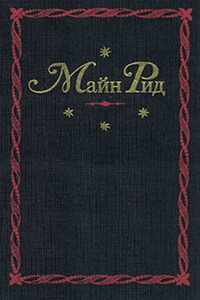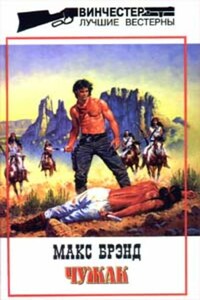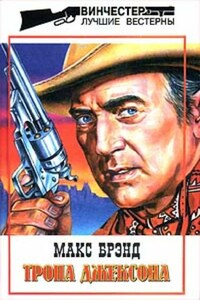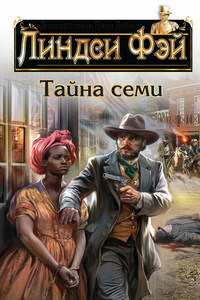Praise for Joshua Corinâs debut novel WHILE GALILEO PREYS
âI never understood what spine-tingling meant until I read this book.â
âSan Francisco Book Review
âJoshua Corin is a new name to watch in crime fiction. Fearless, inventive and intuitive, his writing is incredibly self-assured.â
âJ.T. Ellison, bestselling author of The Cold Room
âEnjoyable thriller [with] faultless action scenes.â
âPublishers Weekly
âCorin has created a quirky, savvy profiler in Esme Stuart and a first-rate antagonist in the sniper. Readers are going to hope Corin has a whole series of books planned for Esme.â
âRT Book Reviews
âFor suspense/thriller fans like me, author Joshua Corin is a dream come true. The intensity levels were insanely high throughout this book from beginning to end. I couldnât get enough.â
âManic Readers
âAn excellent, bone-chilling tale. The plot is tightly woven, and the action doesnât stop until the last page. I look forward to seeing more of Mr. Corinâs work. This is a must read.â
âRomance Reviews Today
To my niece Abby (for when she is much, much, much older)
Prologue
Chapter 1
Chapter 2
Chapter 3
Chapter 4
Chapter 5
Chapter 6
Chapter 7
Chapter 8
Chapter 9
Chapter 10
Chapter 11
Chapter 12
Chapter 13
Chapter 14
Chapter 15
Chapter 16
Chapter 17
Chapter 18
Chapter 19
Chapter 20
Chapter 21
Chapter 22
Chapter 23
Chapter 24
Chapter 25
Chapter 26
Chapter 27
Chapter 28
Chapter 29
Chapter 30
Acknowledgments
We are a nation of outlaws. Itâs in our history.
Itâs in our blood.
Our first colony in Massachusetts was settled as a sanctuary and refuge for those souls brave enough to defy the Anglican Church. These men and women were the first American heroes and they were rebels one and all. That their ancestors should rise up one hundred and fifty years later and throw off the shackles of British tyranny was inevitable. What was the Civil War, really, but a re-creation of the Revolution from a Southern point of view?
We are not a people who respond well to authority.
Is it any wonder, then, where our sympathies lie? Of course the chroniclers of the Wild West preferred Billy the Kid to Pat Garrett. Of course we all know the legend of Butch Cassidy and the Sundance Kid, but how many of us can mentionâor even care aboutâthe Pinkerton detectives who were on their trail?
Look at our literature. Look at our theater. Time and again, our fascination sides with the felon, the neâer-do-well, the desperado.
By sales alone, who is the most popular American comic book character of the twentieth century? Not that âover-grown Boy Scoutâ Superman. Not âguilt-riddenâ Spider-Man. According to industry experts, the most popular comic book character of the twentieth century was the shadow-dwelling vigilante Batman. Of course he was.
Itâs no surprise that we as a nation have become so fascinated by serial killers. As an ever-growing government has euthanized our convictions and emasculated our passions, we recognize in the serial killer a figure of unabashed liberty, and we are attracted.
Let there be no misunderstanding: murder is reprehensible. The thesis of this text will be an analysis of the recent series of murders committed by Henry âGalileoâ Booth in the context of the outlaw mystique. If you are looking for a championing of men such as him, look elsewhere. There is a vital line between attraction and acceptance.
John Dillinger is much more appealing from afar.
Nietzsche in Beyond Good and Evil wrote that when we gaze into the abyss, the abyss gazes back into us. Hold my hand. Take a breath. The abyss we are about to study in its dark geography is at the very core of America and its honesty cleanses with acid.
Are you ready?
Letâs begin.
Timothyâs first pet was a yellow-haired hamster named Dwight. Dwight came with his own glass container and his own wheel and Timothyâs parents placed it all on a folding table by a window in Timothyâs bedroom. Timothy was six years old. Dwight was his birthday gift. The next morning, after he and his mother fed Dwight his breakfast (a lettuce leaf), Timothyâs mother left her son alone in his room with the creature. Timothy sat cross-legged in the center of his mint-green carpet and held Dwight in his hands and ran his fingers along the rodentâs spine. The vertebrae reminded Timothy of a pipe cleaner. In nursery school, he built a man and a woman out of pipe cleaners. Timothy bent the hamsterâs spine this way and that way. Through it all, the animal kicked and kicked, so Timothy held him firm with his left hand and ran the fingertips of his right hand along the thin yellow fur and the ridges of Dwightâs spine, which, again like a pipe cleaner, was so bendable, but just how bendable was it? Timothy grabbed Dwightâs hindquarters and twisted. Dwightâs feet kicked and kicked and kicked and kicked and then stopped kicking altogether and Timothy had his answer.
He opened the window in his bedroom and tossed the corpse out and told his parents in between sobs that Dwight had fallen. They consoled him. His father, a travel agent, helped Dwight bury the animal and took his son out for ice cream. Three weeks later, his mother, a veterinarian, got him a tabby. Timothy named the cat Boots. Boots, to her credit, lasted many months longer than Dwight, until Timothy was able to finally reach his fatherâs tools, which were kept on a wall in the garage. Dwight chose the claw hammer, which proved doubly useful because he was able to later use it as a shovel to bury Boots in their neighborâs yard.
